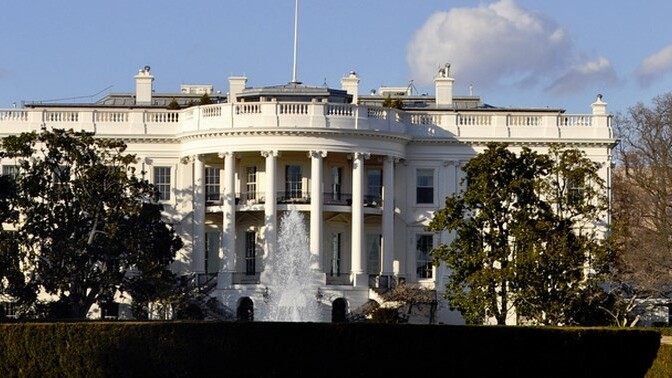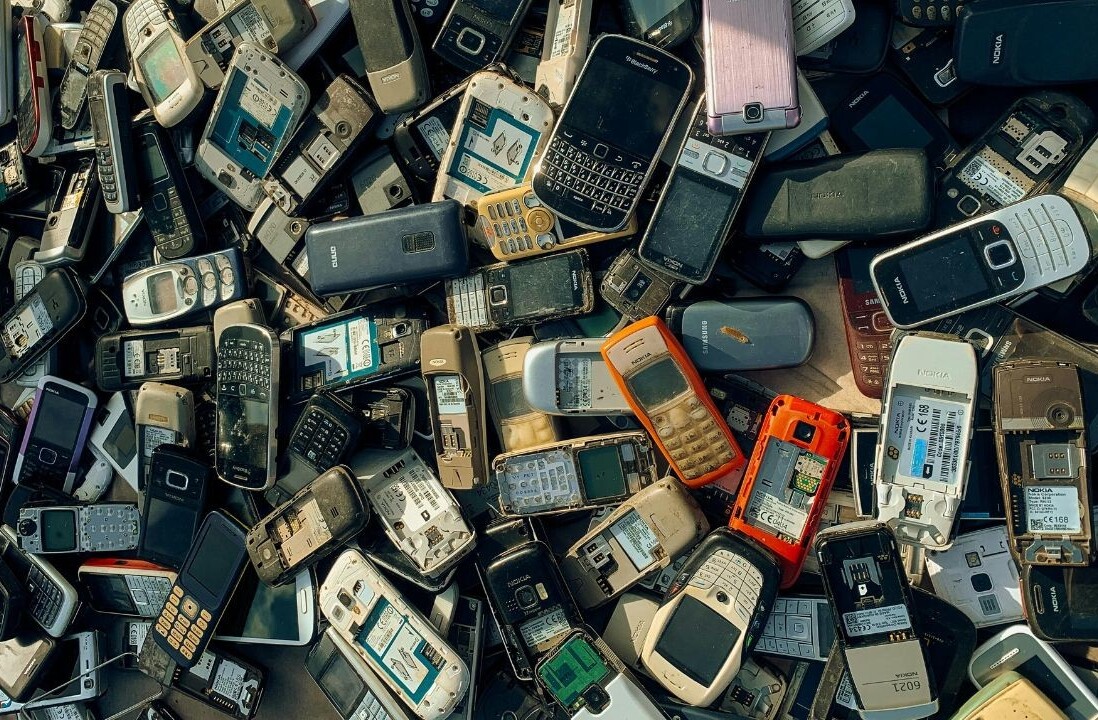
Broadcasting later tonight is a long interview between President Obama, and Charlie Rose. Topics discussed include recently reported NSA programs that target some Internet data, and cellular records.
Buzzfeed obtained a partial transcript, which I’ve excerpted to drill down onto the key questions that have been asked in recent days. This interview – we’ll post the full video as soon as we can get our hands on it – matters because it contains the President’s own explanation, and argument in favor of twin NSA programs that have endured withering criticism from companies, privacy groups, and activists of every stripe.
We’ll proceed by topic. All bolding and formatting are courtesy of TNW. No commentary will provided alongside the President’s words, but will instead be held to the space following.
Privacy v. Security
[W]e don’t have to sacrifice our freedom in order to achieve security. That’s a false choice. That doesn’t mean that there are not tradeoffs involved in any given program, in any given action that we take. […] To say there’s a tradeoff doesn’t mean somehow that we’ve abandoned freedom. I don’t think anybody says we’re no longer free because we have checkpoints at airports.
How he vets NSA programs
The way I view it, my job is both to protect the American people and to protect the American way of life which includes our privacy. And so every program that we engage in, what I’ve said is “Let’s examine and make sure that we’re making the right tradeoffs.”
What the NSA is doing, and is not doing
What I can say unequivocally is that if you are a U.S. person, the NSA cannot listen to your telephone calls, and the NSA cannot target your emails … and have not. They cannot and have not, by law and by rule, and unless they — and usually it wouldn’t be “they,” it’d be the FBI — go to a court, and obtain a warrant, and seek probable cause, the same way it’s always been, the same way when we were growing up and we were watching movies, you want to go set up a wiretap, you got to go to a judge, show probable cause….
So point number one, if you’re a U.S. person, then NSA is not listening to your phone calls and it’s not targeting your emails unless it’s getting an individualized court order. That’s the existing rule.
The phone records program
Program number one, called the 2015 Program, what that does is it gets data from the service providers like a Verizon in bulk, and basically you have call pairs. You have my telephone number connecting with your telephone number. There are no names. There is no content in that database. All it is, is the number pairs, when those calls took place, how long they took place.
So that database is sitting there. Now, if the NSA through some other sources, maybe through the FBI, maybe through a tip that went to the CIA, maybe through the NYPD. Get a number that where there’s a reasonable, articulable suspicion that this might involve foreign terrorist activity related to Al-Qaeda and some other international terrorist actors.
Then, what the NSA can do is it can query that database to see — did any of the — did this number pop up? Did they make any other calls? And if they did, those calls will be spit out. A report will be produced. It will be turned over to the FBI. At no point is any content revealed because there’s no content that —
So, what happens is that the FBI — if, in fact, it now wants to get content; if, in fact, it wants to start tapping that phone — it’s got to go to the FISA court with probable cause and ask for a warrant.
PRISM
There is a second program called the 702 program. And what that does is that does not apply to any U.S. person. Has to be a foreign entity. It can only be narrowly related to counter-terrorism, weapons proliferation, cyber hacking or attacks, and a select number of identifiers — phone numbers, e-mails, et cetera. Those — and the process has all been approved by the courts — you can send to providers — the Yahoos or the Googles, what have you. And in the same way that you present essentially a warrant. And what will happen then is that you there can obtain content.
But again, that does not apply to U.S. persons. And it’s only in these very narrow bands.
Oversight, and the coming declassification of certain information
So, you asked, what should we do? …What I’ve said is — is that what is a legitimate concern — a legitimate critique — is that because these are classified programs — even though we have all these systems of checks and balances, Congress is overseeing it, federal courts are overseeing it — despite all that, the public may not fully know. And that can make the public kind of nervous, right? Because they say, “Well, Obama says it’s okay — or Congress says it’s okay. I don’t know who this judge is. I’m nervous about it.”
What I’ve asked the intelligence community to do is see how much of this we can declassify without further compromising the program, number one. And they are in that process of doing so now so that everything that I’m describing to you today, people, the public, newspapers, etc., can look at because frankly, if people are making judgments just based on these slides that have been leaked, they’re not getting the complete story.
A supposed change of heart?
Charlie Rose: Should [the NSA programs] be transparent in some way?
Pres. Obama: It is transparent. That’s why we set up the FISA court….The whole point of my concern, before I was president — because some people say, “Well, you know, Obama was this raving liberal before. Now he’s, you know, Dick Cheney.” Dick Cheney sometimes says, “Yeah, you know? He took it all lock, stock, and barrel.” My concern has always been not that we shouldn’t do intelligence gathering to prevent terrorism, but rather are we setting up a system of checks and balances?
So, on this telephone program, you’ve got a federal court with independent federal judges overseeing the entire program. And you’ve got Congress overseeing the program, not just the intelligence committee and not just the judiciary committee — but all of Congress had available to it before the last reauthorization exactly how this programworks.
—
The full interview will be illustrative, but the above should provide a fair fist of the President’s explanations of his actions, policies and views. He felt a bit stiff, but that could simply be his careful treading around what he can say, and what he cannot; not everything is public, quite obviously, and it wouldn’t do to have the President leak accidentally something during his interview to clear up former leaks.
However, the discussion concerning PRISM and the phone records programs is only a part of the larger NSA conversation. Over the weekend, the AP published an article concerning the wholesale collection of digital information. In its story, an expert questioned was blunt: “You have to assume everything is being collected.”
Thus, while the President is drawing clear lines around the authority of the programs detailed above, it might be a small distinction, and more canard than assuaging disclosure.
For more, now infamous leaker Edward Snowden answered a bundle of questions this morning; his answers are worth reading.
Top Image Credit: TexasGOPVote.com
Get the TNW newsletter
Get the most important tech news in your inbox each week.




